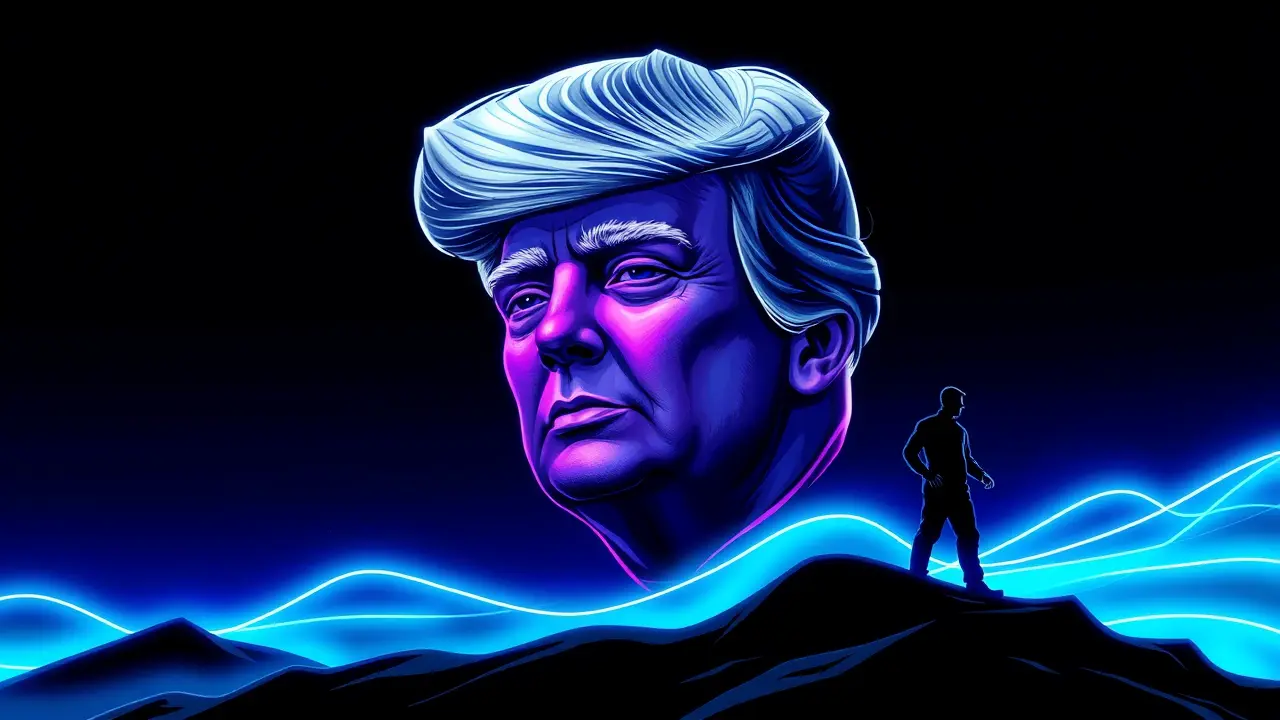
Politicsgovernments & cabinetsPolicy Agendas
Trump's Arts Focus Demands Unified Policy Response.
AN
Anna Wright
1 day ago7 min read
The emergence of a significant arts and culture platform within the Trump political movement is not merely a policy shift; it is a profound cultural gambit that demands a response as cohesive and strategic as the platform itself. Historically, the arts have often been relegated to the periphery of presidential agendas, viewed as a soft power accessory rather than a core pillar of national identity.Yet, this newfound focus presents a critical inflection point, a moment that echoes past cultural revolutions where the definition of American art and its purpose was fiercely contested. To understand the stakes, one must look beyond gallery walls and into the heart of civic discourse, where the narratives we champion through public funding and presidential endorsement shape the national psyche for generations.The Federal Art Project of the 1930s, for instance, was not just an employment program; it was a deliberate effort to forge a collective, optimistic American identity during the Great Depression, putting art directly into post offices and community centers, making it a daily dialogue with the citizenry. A contemporary arts policy, therefore, is never neutral—it is either an instrument of inclusion, celebrating a multifaceted and often challenging tapestry of voices, or a tool for crafting a more monolithic, nostalgic national story.The lack of a unified, forward-thinking counter-proposal from the broader arts ecosystem—a coalition spanning major institutions, grassroots collectives, philanthropists, and policymakers—risks ceding this powerful narrative territory. This isn't about partisan bickering; it's about a fundamental debate over the role of the artist in society: are they a chronicler of uncomfortable truths, an entertainer, or a state-sponsored propagandist? The potential consequences are vast, ranging from the reallocation of National Endowment for the Arts funds to prioritize certain genres and themes over others, to the use of cultural diplomacy as a blunt instrument on the world stage.Without a proactive vision that articulates the arts as essential infrastructure for a healthy democracy—as vital to the nation's soul as roads and bridges are to its economy—the sector may find itself perpetually reacting, defending, and ultimately losing the capacity to define its own future. This is a battle of ideas, and the time for a fragmented, ad-hoc defense has passed; the moment requires a response as deliberate, potent, and culturally resonant as the challenge itself, one that champions art not as a luxury, but as the very language through which a nation understands its past, contends with its present, and imagines its future.
#editorial picks news
#Donald Trump
#arts policy
#cultural funding
#government response
#Artnet News
Stay Informed. Act Smarter.
Get weekly highlights, major headlines, and expert insights — then put your knowledge to work in our live prediction markets.
Comments
It’s quiet here...Start the conversation by leaving the first comment.
© 2025 Outpoll Service LTD. All rights reserved.